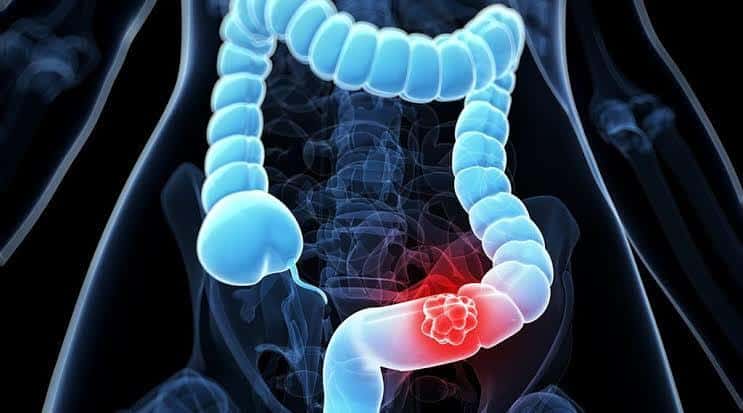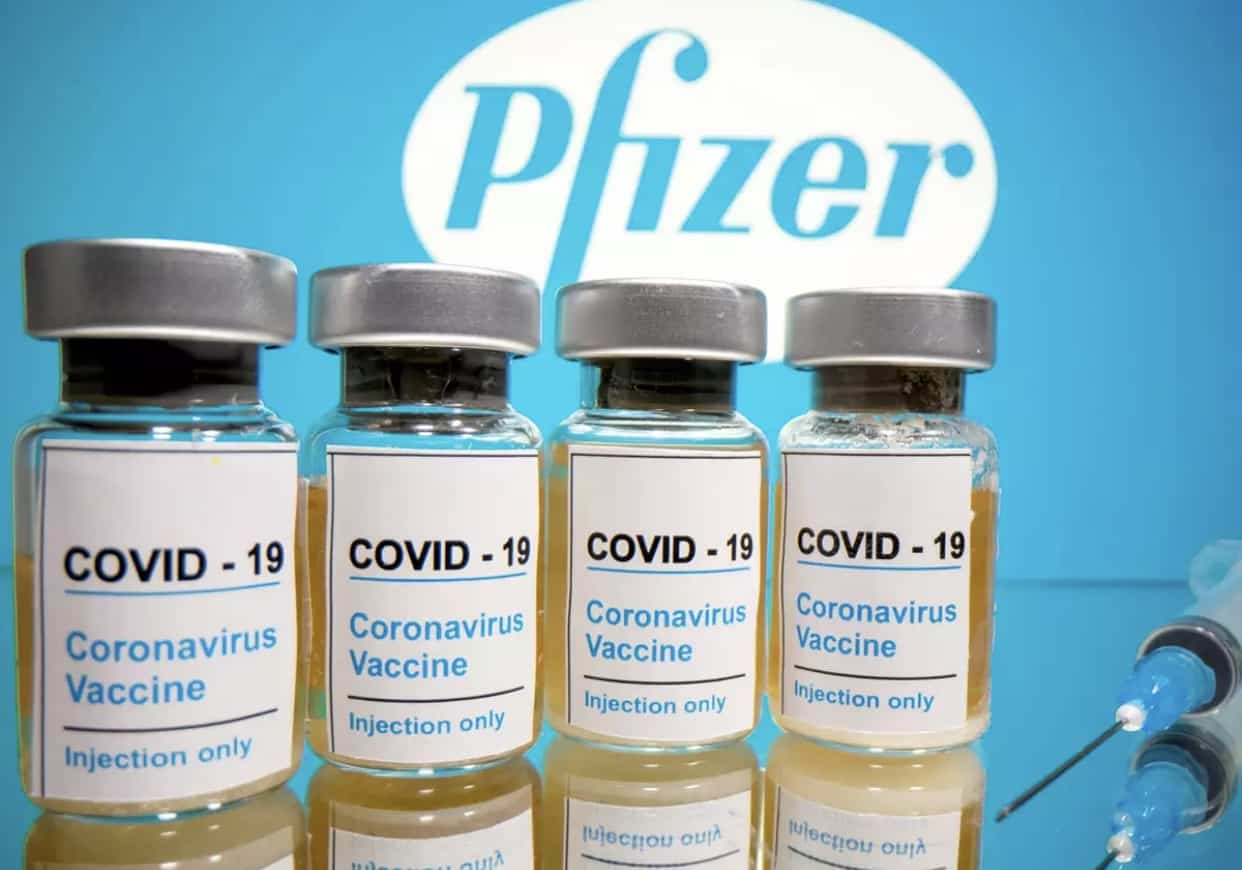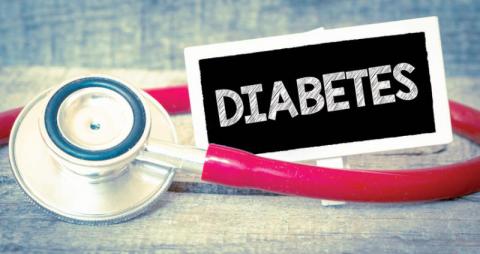Does eating too much meat cause colon cancer?

Does eating too much meat cause colon cancer?
Does eating too much meat cause colon cancer?
A team of researchers in the United States succeeded in finding a link between eating red and processed meat and the incidence of colorectal cancer.
Researchers found two genetic markers that may explain the increased risk of colon cancer, but not its biological basis. Understanding the disease process and the genes behind it can help develop better prevention strategies.
The prevalence of bowel cancer
According to what was published by New Atlas, citing the journal Cancer Epidemiology, Biomarkers & Prevention, colorectal cancer, also known as bowel cancer, is the third most common type of cancer and the second leading cause of cancer-related deaths worldwide. It's also on the rise in younger people, with the American Cancer Society ACS reporting that 20% of diagnoses in 2019 were in patients younger than 55, which is nearly double the rate in 1995.
The predominant biological mechanism
Although the association between red meat and processed meat consumption and colorectal cancer has been known for some time, the predominant biological mechanism underlying it has not been identified. In a new study, researchers from the University of Southern California discovered that two genetic factors alter cancer risk levels based on consumption of red and processed meat.
A certain group faces a greater risk
“The results indicate that there is a subgroup of people who face a greater risk of developing colorectal cancer if they eat red or processed meat,” said Mariana Stern, the study’s lead researcher, noting that “they allow a glimpse into the potential mechanism behind this risk, which “It can then be followed up with experimental studies.”
The researchers analyzed a pooled sample of 29842 colorectal cancer cases and 39635 controls of European origin from 27 studies. They first used data from the studies to create standard measures of consumption of red meat, beef, lamb, and processed meats such as sausages and deli meats.
The daily servings for each group were calculated and adjusted according to the body mass index (BMI), and the participants were divided into four groups based on their levels of red or processed meat intake. People with the highest levels of red meat consumption and processed meat consumption were 30% and 40% more likely to develop colorectal cancer, respectively. These results did not take into account genetic variation, which can pose a greater risk to some people.
DNA samples
Based on the DNA samples, the researchers collected data for more than seven million genetic variants covering the genome – the complete set of genetic data – for each study participant. To analyze the relationship between red meat intake and cancer risk, a genome-wide gene-environment interaction analysis was performed. The researchers then screened SNPs, which are pronounced snippets and are the most common type of genetic variation, for participants to determine whether the presence of a particular genetic variant changed the risk of colorectal cancer for people who ate more red meat. Indeed, the association between red meat and cancer changed in only two of the SNPs examined: a SNP on chromosome 8 near the HAS2 gene and a SNP on chromosome 18, which is part of the SMAD7 gene.
HAS2 gene
The HAS2 gene is part of a pathway that codes for protein modification inside cells. Previous studies linked it to colorectal cancer, but never linked it to red meat consumption. The researchers' analysis showed that people with a common variant of the gene found in 66% of the sample had a 38% higher risk of developing colorectal cancer if they ate the highest level of meat. In contrast, those with a rare variant of the same gene did not have an increased risk of cancer when they ate more red meat.
SMAD7 gene
As for the SMAD7 gene, it regulates hepcidin, a protein related to iron metabolism. Food contains two types of iron: heme iron and non-heme iron. Heme iron is more easily absorbed by the body, with up to 30% of it absorbed from the food consumed. Because red and processed meats contain high levels of heme iron, researchers hypothesized that different SMAD7 gene variants could increase cancer risk by changing how the body processes iron.
Increased intracellular iron
“When hepcidin is dysregulated, it can lead to increased iron absorption and even increased intracellular iron,” Stern said. It has been shown that people with two copies of the most common SMAD7 gene, found in about 74% of samples, were 18% more susceptible. % of colorectal cancer if they eat high levels of red meat. While those with only one copy of the more common variant or two copies of the less common variant had a much higher cancer risk estimated at 35% and 46%, respectively. The researchers hope to pursue experimental studies that could strengthen the evidence on the role of dysregulated iron metabolism in the development of colorectal cancer.






